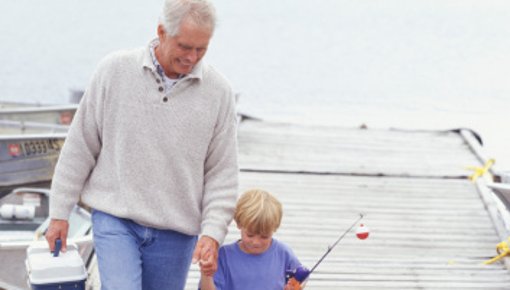What can make everyday life easier?

If a child wets the bed, parents often ask themselves what they might have done wrong. But bedwetting isn’t usually anyone’s “fault.” Knowing that can be comforting, for the child too. Staying relaxed about it and taking practical measures can help make it easier to cope with these nighttime accidents.
Treatment can be a good idea if the bedwetting is causing problems for the family or has become an emotional burden – as long as the child is ready and willing. And there are various things you can do to make dealing with bedwetting easier for everyone involved.
For instance, a nightlight and/or an easy-to-reach light switch in the hallway or bathroom can help the child reach the toilet quickly. Keeping a potty next to the bed is an option if the child has difficulty making it in time. If the child’s room isn’t close enough to the bathroom, it might be worth considering switching rooms, if possible. There are also special diaper pants for older children. Some children like to wear them, others don’t.
